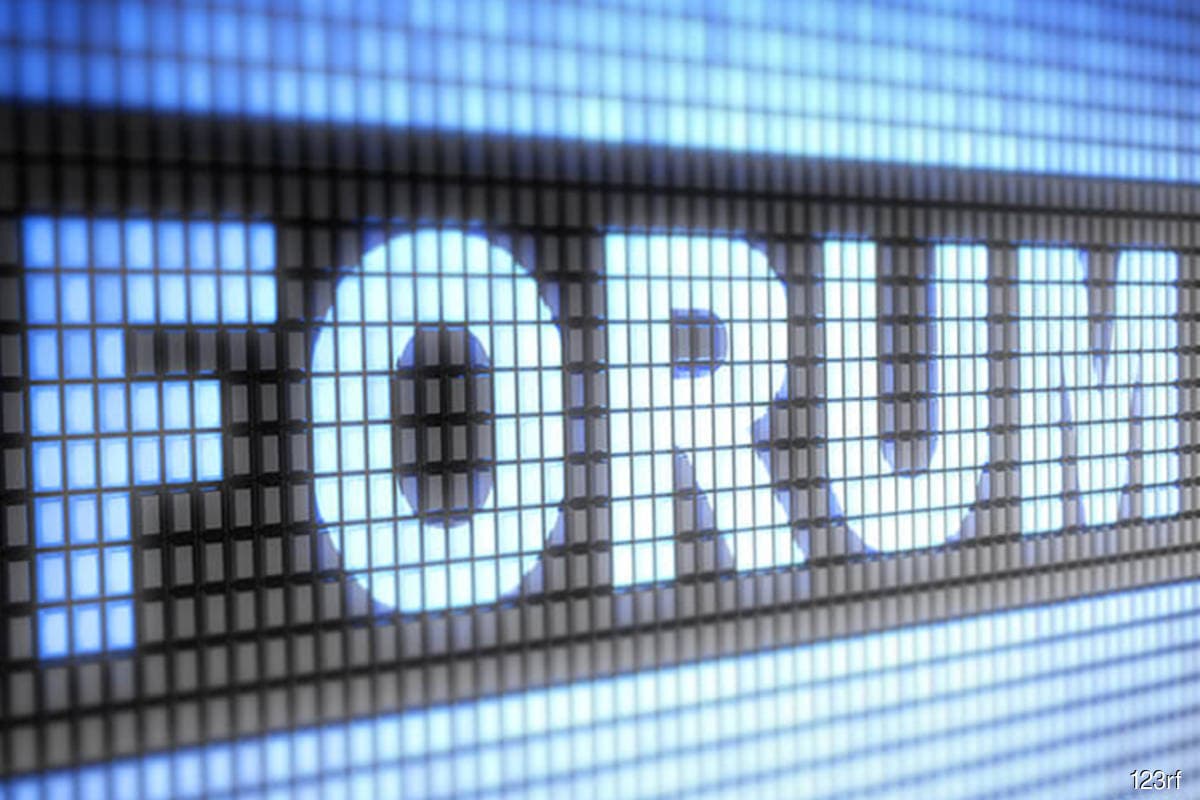
This article first appeared in Forum, The Edge Malaysia Weekly on March 1, 2021 - March 7, 2021
The things that split members of a society come in all shapes and sizes, but they all boil down to a play on the human sense of fairness. This sense can be individual or collective, current or historical, and it can be either concrete and proximate or conceptual and persistent.
Feeling unfairly treated is basically the human sentiment that drives calls for rights, for retribution, for justice. In feeling that they have suffered injustice, to use that word as the umbrella term for these depths of discontent, individuals feel they have the right to break the law, give in to envy or seek revenge to allay their painful status of victimhood. Collectives and groups — be this a class, a tribe or a gender — call for a resetting of society’s rules.
To achieve a sustainable harmonious model of human co-existence, therefore, the key is to get at the sources of discontent in that particular society. Doing that will require a thorough dismantling, an ambitious deconstructing of the political polemics popularly used in that society.
Discourses of division define the politics of a modern society. Uniting some by dissociating these from others is what political parties generally do, and in a democracy, the trick is to achieve a ruling majority in the process. That’s why they are called parties.
Coalitions are the usual way through which parties, despite their partisan nature, soften their confrontational edge in order to achieve sufficient cross-partisan collaboration to form a functioning government. (In that sense, one could say that a one-party state is run by a party that acts like an all-inclusive coalition, with internal conflicts institutionally allowed but never to the extent that they threaten the ruling country-defining entity).
In the modern age, prominent divisive polemical devices employed include those of race, religion, class, gender, citizenship rights and ideology, among others. Those of race and religion tend to be classified as identity politics, and excessively so if you ask me, since these suggest that other elements of identity are categorically inferior in importance to them.
But what makes all of these poignant and politically operative is that they play up differences as threats from others that need to be stopped and/or as grievances in oneself that need to be allayed, and in that, they allow for populist politics to undermine the changes of social unity.
Seeking unity in opposition to diversity is an oxymoronic undertaking though; and there lies the main point of this article. Space for diversity in political discourse is what allows for social unity, and that notion of social unity needs then to be understood as minimal strife, not as optimal regimentation.
Achieving unity through regimentation involves the suppression of minorities made salient by the majoritising discourse, and is therefore an unstable and highly coercive path to take, however popular it may have become.
It follows therefore that responsible policymaking is one that seeks to incorporate differences, and does that by expanding the public sphere so that differences are not polarised. Different ethnicities can interact healthily if their economic synergy is mutually beneficial, different economic classes can get along if social mobility is stimulated by effective universal education, and different faiths can co-exist if spirituality is understood to be an individual struggle and orientation.
If fairness is defined in mutual aid, mutual respect and mutual understanding between groups and individuals, and if advancing the rule of law and providing equal opportunities define policymaking, then a general harmonious future becomes imaginable.
Historical injustices
We then come to the issue of historical injustices. In the age of nation-building, it is these that seem to sabotage most attempts at new and hopeful beginnings. Most peoples can make a veritable case of being the present victims of wrongdoings wrought in the past — on their family, on their country, or on their faith.
In an age when economic conditions shift rapidly and technologies transform society continuously, these can be overcome. To neutralise past problems, the modern state would do well to level the playing field through providing equal opportunities through competent educational systems and by sustaining a transparent system of law respected by its citizens.
In short, by creating categories and ranking them in policymaking, one dismisses the need to be fair. If men are superior to women, then one does not have to treat women fairly. If bumiputeras are greater historical victims than non-bumiputeras, then prejudiced treatment based on race is suddenly justified.
Social mobility, seen in this light, appears the obvious sustainable — and fair — dynamics of change which does not exclude anyone.
Fairness is the sentimental “true north” needed in political discourse today. The Covid-19 pandemic, coming at a time when neoliberalism seems to have run its course, heralds a new era of thorough state intervention. Public sentiments after the global crisis are such that serious political rethinking is required. That might just as well be an ambitious one.
Thus, in the wake of this once-in-a-lifetime pandemic, instead of merely tweaking old models and debates built on conflict and on feelings of historical victimhood so persistently nursed by political parties, the opportunity is at hand for opinion-builders to focus on fairness in policymaking, in political thinking, and in educational opportunities.
What goes around comes around, and a fair attitude towards fellow humans is not only its own reward; in the larger scheme of things, it is enlightened self-interest.
Datuk Dr Ooi Kee Beng is the executive director of Penang Institute. His recent books include Catharsis: A Second Chance for Democracy in Malaysia (2018).
Save by subscribing to us for your print and/or digital copy.
P/S: The Edge is also available on Apple's AppStore and Androids' Google Play.